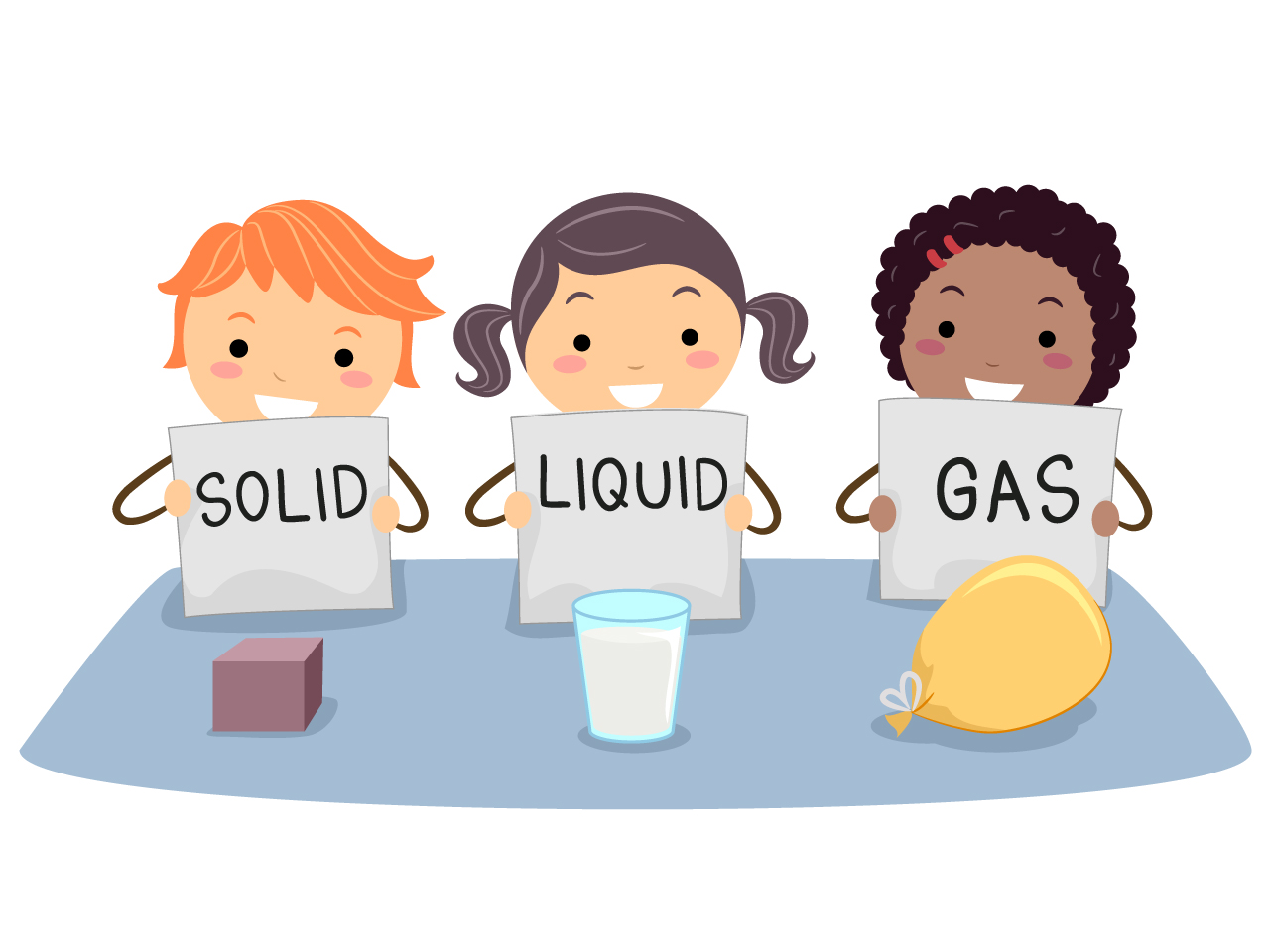Letter recognition Extra Challenge Worksheets for Ages 4-7
11 filtered results
-
From - To
Enhance your child's early literacy skills with our "Letter Recognition Extra Challenge Worksheets" designed specifically for ages 4-7. These engaging worksheets go beyond the basics, reinforcing letter identification through fun and challenging activities. Perfect for young learners, our expertly crafted exercises foster a deeper understanding of both uppercase and lowercase letters. Each sheet is thoughtfully designed to keep kids excited while boosting their confidence and foundational reading skills. Whether for home practice or classroom use, these worksheets are an excellent resource for advancing letter recognition in a stimulating and educative manner. Download now to accelerate your child’s learning journey!


Letter R Tracing Page


Letter X Tracing Page
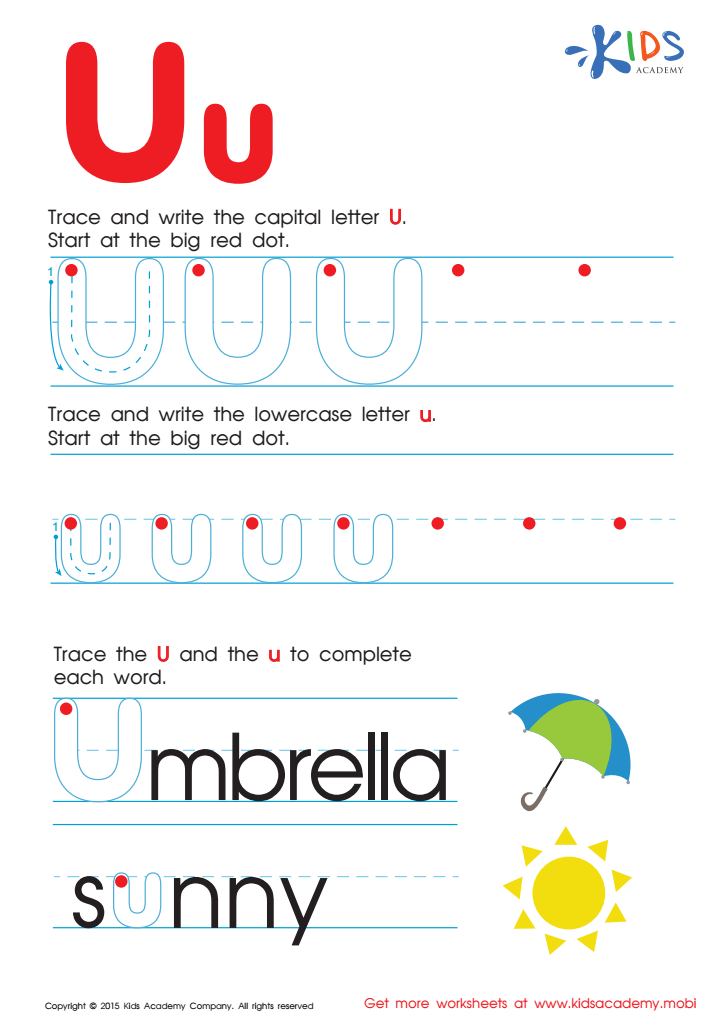

Letter U Tracing Page
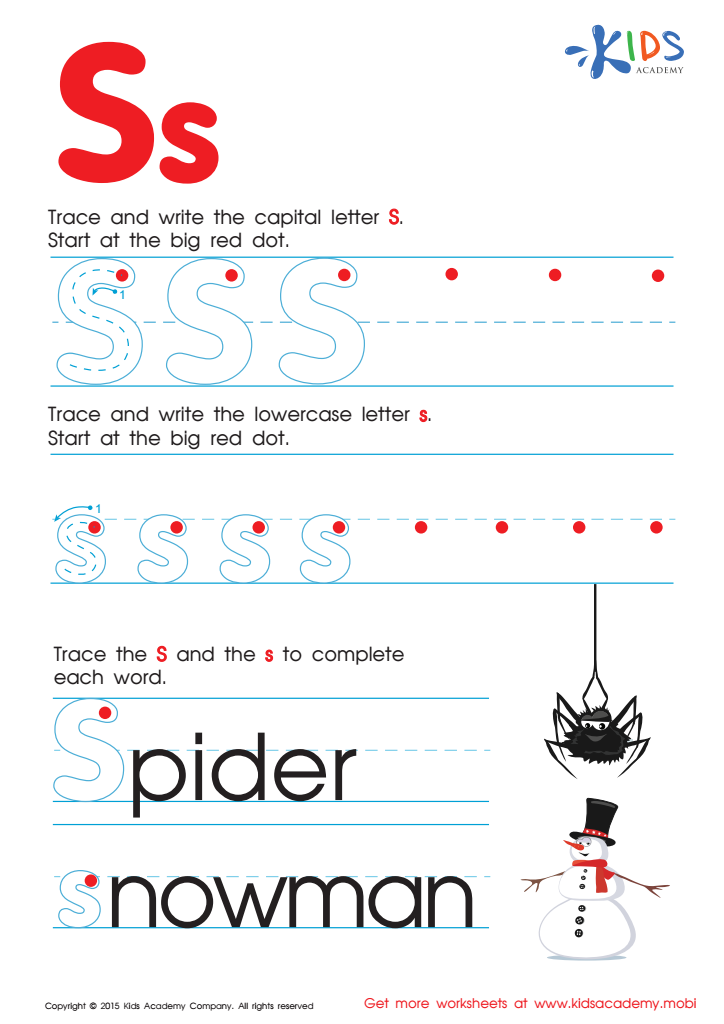

Letter S Tracing Page
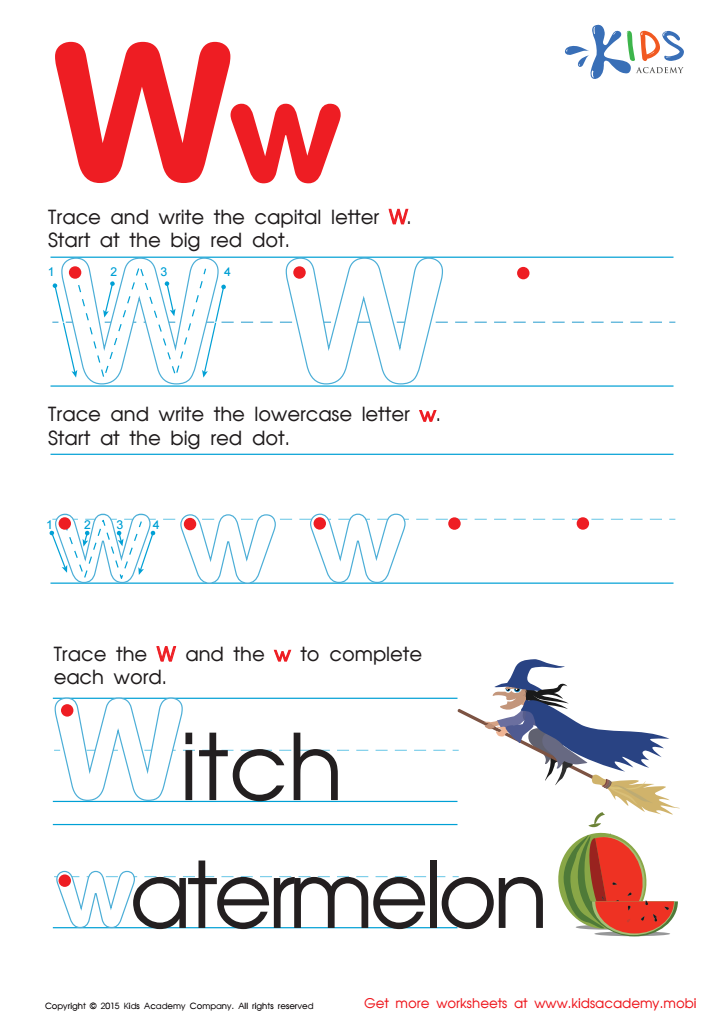

Letter W Tracing Page
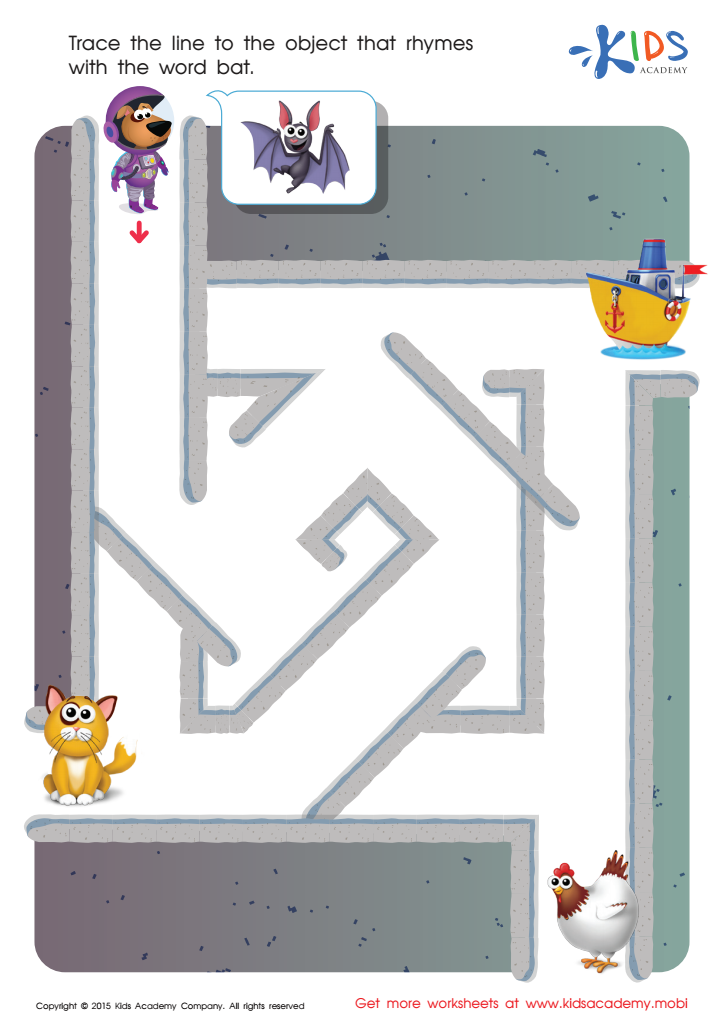

Bat Rhyming Words Worksheet
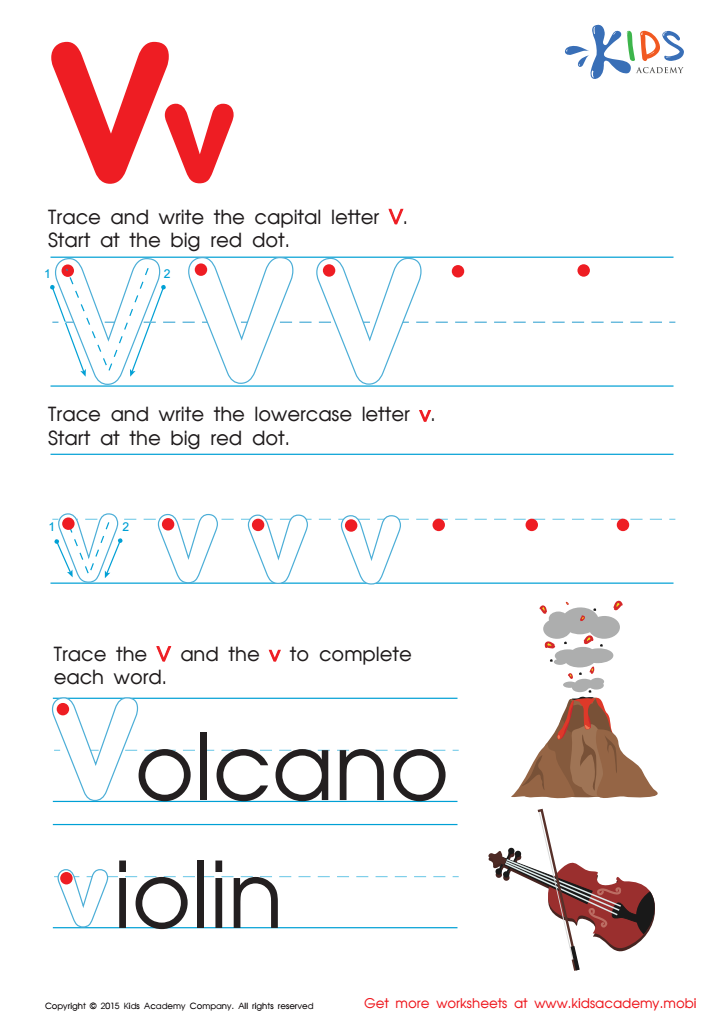

Letter V Tracing Page
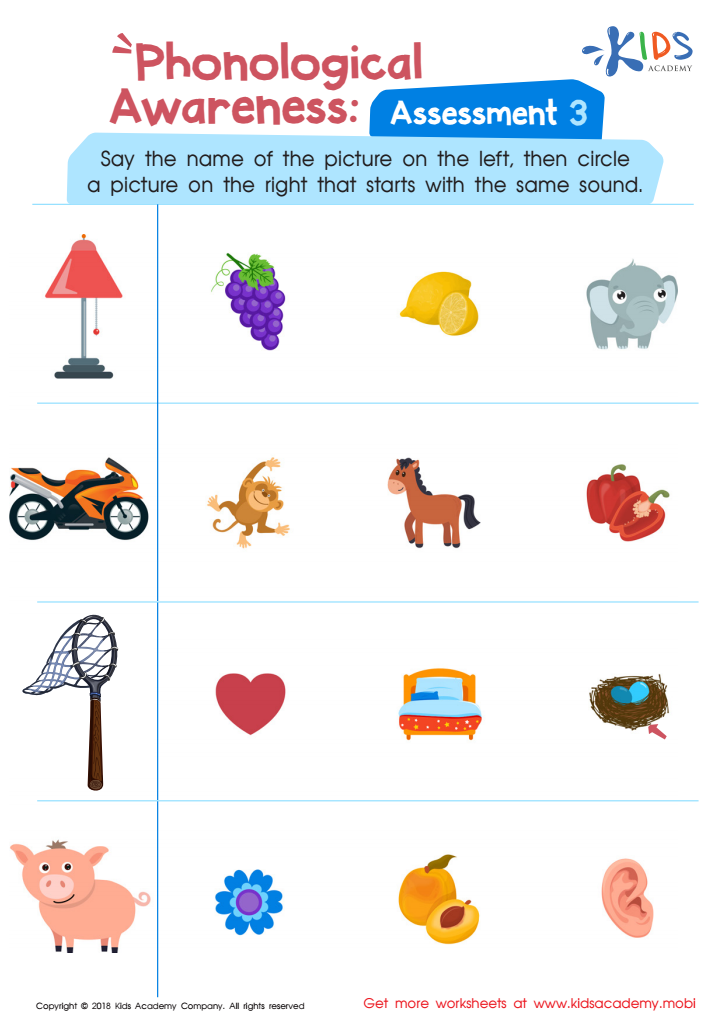

Phonological Awareness: Assessment 3 Worksheet
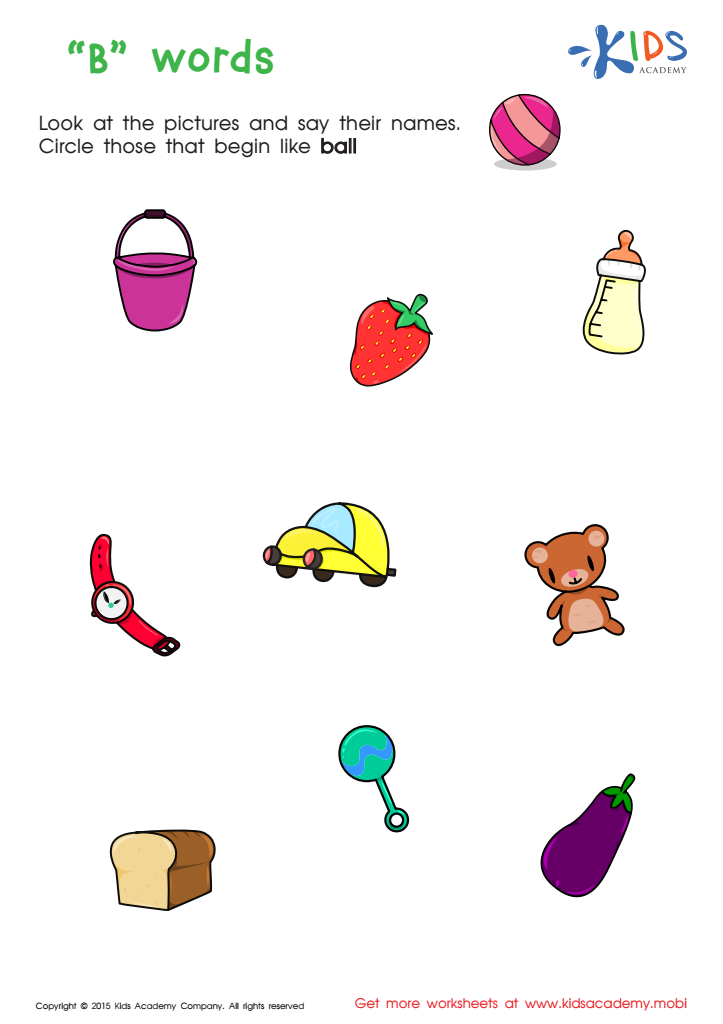

First Words Worksheet
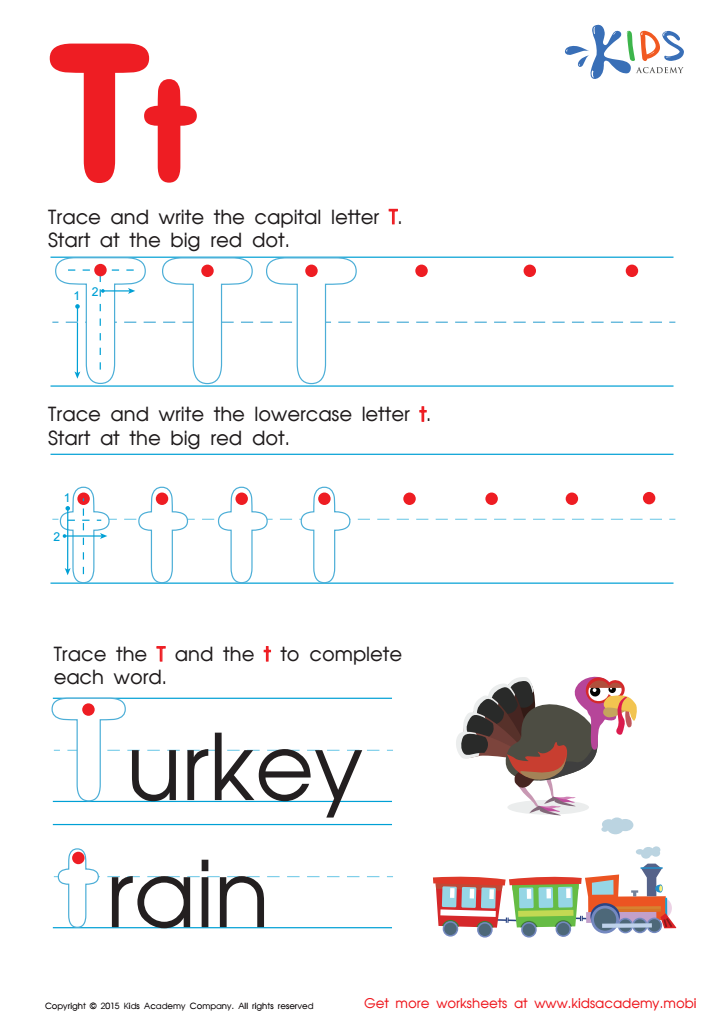

Letter T Tracing Page
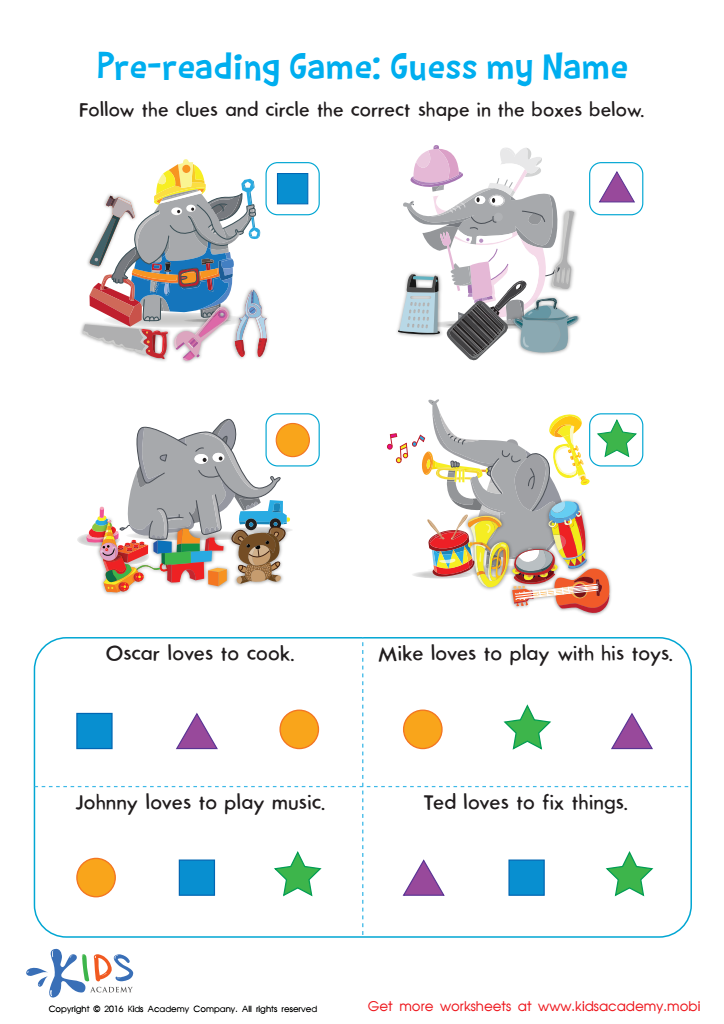

Pre Reading Worksheet Guess My Name
Letter recognition is a foundational skill in early childhood education, and extra challenges tailored to this area for ages 4-7 are crucial for several important reasons. During these formative years, children are developing the cognitive abilities that lay the groundwork for future academic success. Strengthening letter recognition helps enhance phonemic awareness, which is the ability to recognize and manipulate individual sounds in words. This skill is a precursor to reading fluency and comprehension.
Furthermore, engaging in letter recognition activities can boost children’s confidence. As they successfully identify letters and their corresponding sounds, they feel a sense of accomplishment that motivates further learning. Customized challenges that are engaging and varied can cater to each child’s unique learning pace, helping to maintain their interest and enjoyment in learning.
Another key consideration is early detection of potential learning difficulties. Regular practice with letter recognition allows parents and teachers to observe children’s progress and identify any struggles early on. Early intervention can then be provided, making it easier to address and support any gaps in understanding before they become larger issues.
In sum, fostering letter recognition through extra challenges offers children a strong start in literacy, supports emotional development, and provides essential early diagnostic insights.
 Assign to My Students
Assign to My Students





